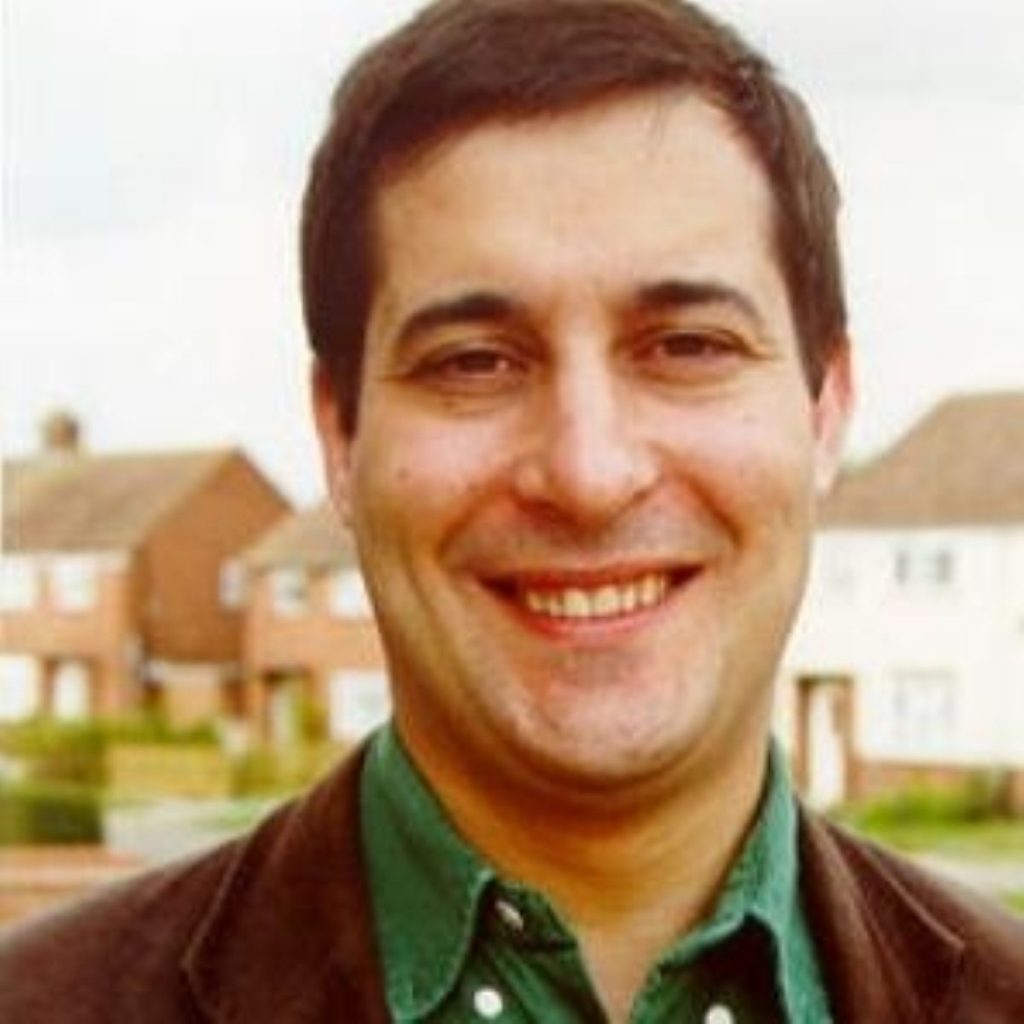Govt ‘fully understands’ case to repeal blasphemy law
The government is prepared to repeal the ancient laws on blasphemy but not without consulting the Church of England, it said last night.
As MPs debated a repeal of blasphemy law, justice minister Maria Eagle said the government had “every sympathy” with the case for abolishing the law.
The concession came as Labour MPs were ordered to vote against an amendment brought by Liberal Democrat MP Evan Harris to the criminal justice bill to abolish the law that prohibits the “scurrilous vilification” of Christianity.
Downing Street confirmed ministers are now in talks with churches and Ms Eagle promised the consultation would be “short and sharp”.


Dr Harris rejected the need for further consultation with the Church of England, arguing it has “had hundred of years to try to justify this restriction of free speech”, but he welcomed the government’s concession.
The prime minister’s official spokesman said Gordon Brown “fully understands” the case for abolition but not without consultation.
He said: “We do believe it is necessary to consult with the churches, particularly the Anglican church, before coming to a final decision, and that’s what we are doing.
“Subsequent to that, we will consider moving amendments in the House of Lords.”
The Church of England has said it is not opposed in principle to repealing the blasphemy law, which only protects Christianity.
The government’s agreement to review the law was credited with averting a backbench rebellion by Labour MPs.
Keith Vaz, chair of the Commons home affairs select committee, said he along with a lot of Labour MPs would have voted to scrap the “archaic law”.
He told the BBC’s World at One: “There would have been a rebellion and I think the government would have faced defeat.”
During the Commons debate, Dr Harris argued: “The Almighty does not really need the protection of these ridiculous laws and that’s why large numbers of people of a religious perspective share the view that these offences need to be abolished.”
Earlier he argued repealing the law would place the UK in a “far better position to ensure respect for human rights in countries like Sudan, Pakistan and elsewhere”.
The case against the blasphemy law was buoyed last month when the high court rejected an attempt to prosecute the BBC for broadcasting Jerry Springer: The Opera.









